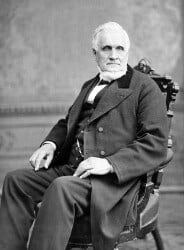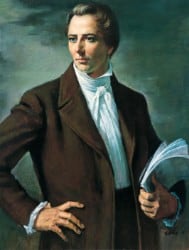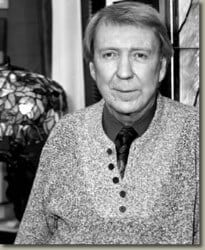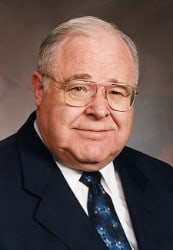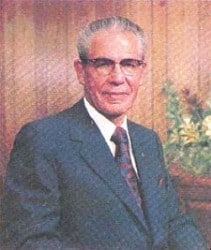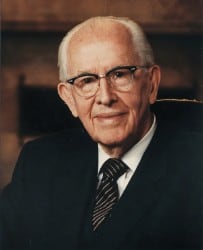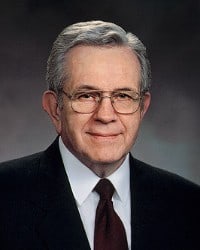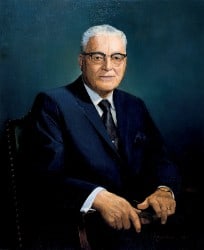
Mark well those who speak evil of the Lord’s anointed, for they speak from impure hearts. Only the “pure in heart” see the “God” or the divine in man and accept our leaders and accept them as prophets of the Living God. . . .
I want to bear you my testimony that the experience I have had has taught me that those who criticize the leaders of this Church are showing signs of a spiritual sickness which, unless curbed, will bring about eventually spiritual death. I want to bear my testimony as well that those who in public seek by their criticism to belittle our leaders or bring them into disrepute, will bring upon themselves more hurt than upon those whom they seek thus to malign. I have watched over the years, and I have read of the history of many of those who fell away from this Church, and I want to bear testimony that no apostate who ever left this Church ever prospered as an influence in his community thereafter.
| Conference Report, October 1947, p. 67
